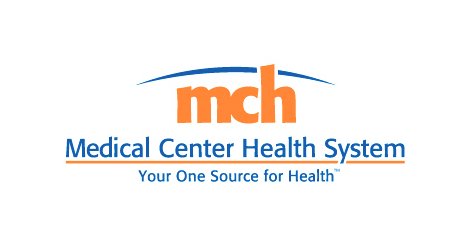Medical Center Hospital, along with the MCH Center for Heart Disease are hosting a special celebration for its successful completion of TAVR and WATCHMAN procedures over the past four years. The celebration, Our Heart Beats for You, will take place in the Wheatley Stewart Medical Pavilion lobby on Thursday, September 28, from 5:30 p.m. to 7 p.m. They will be honoring several patients who have undergone these procedures, while also celebrating with cardiologists who have performed and assisted with these procedures, including:
- Dr. Adam Farber
- Dr. Fernando Boccalandro
- Dr. Manohar Angirekula
- Dr. Tejas Patel
- Dr. Kirit Patel
Since the first WATCHMAN procedure at MCH in November of 2020, the MCH Center for Heart Disease has successfully completed more than 140 of the procedures. The WATCHMAN device is a novel alternative for patients with non-valvular atrial fibrillation at risk for stroke, especially those with a compelling reason not to be on blood thinners. The device closes off an area of the heart called the left atrial appendage (LAA) to keep harmful blood clots that can form in the LAA from entering the blood stream and potentially causing a stroke. The WATCHMAN is a permanent device done in a one-time procedure that does not have to be replaced and can’t be seen outside the body. The procedure generally takes about an hour and most patients go home the next day.
Meanwhile, the minimally invasive TAVR procedure has been successfully completed more than 100 times since its debut at MCH in September of 2019. It is used to treat patients with aortic stenosis, a narrowing of the heart’s aortic valve that can lead to debilitating symptoms, such as shortness of breath, lightheadedness and fatigue or shortened lifespan. During the procedure, an artificial valve is implanted through a catheter, which is inserted through a large artery in the patient’s leg or chest, eliminating the need for open-heart surgery, leading to a much shorter stay in the hospital and quicker recovery.




